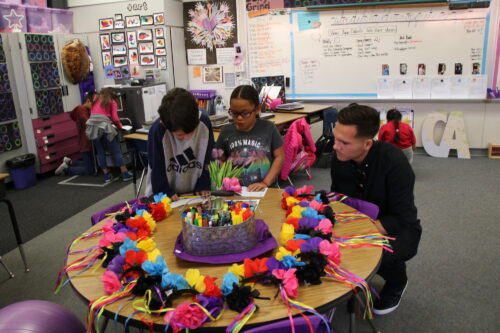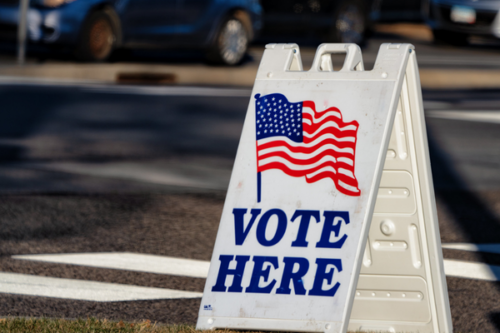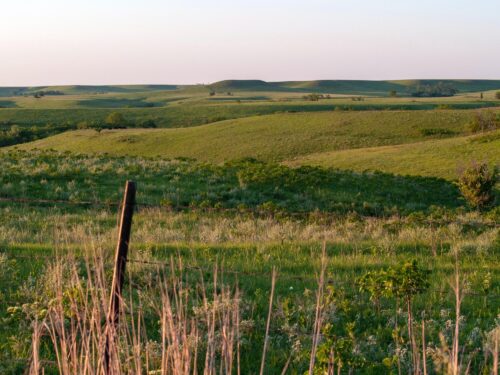News and Analysis
Read the latest news, commentary, and analysis from the Ash Center.
Newest

Feature
In hearing, HPAIED’s Joe Kalt paints strong link between self-determination and economic development in Indian Country
Testifying before the Commission on Native Children, Kalt urged the federal government to continue to support tribal self-governance, and maintain supportive federal funding.
Media Release
IARA Project Receives Grant from the Chan Zuckerberg Initiative
Feature
Democracy on the (down) ballot
Ash panel unpacks election reforms at stake during the midterms

Media Release
New research on the impacts of restrictions on the applicability of federal Indian policy to the Wabanaki Nations in Maine
A team of researchers from the Harvard Kennedy School today released a research report documenting the costs to the Wabanaki Nations in Maine and to Maine’s non-tribal citizens of the state’s being screened off from federal policies of Indian self-determination and self-governance.
Video
Democracy on the (Down) Ballot: Unpacking the Midterms, Voting Rights, and Local Electoral Reforms
During the 2022 midterms, voters not only cast a ballot to decide the balance of power in congress, but in in many states voters decided on a range of consequential ballot initiatives impacting the nuts and bolts of the electoral process including voter-ID laws, party primary reform, ranked choice voting, and proportional representation. The outcomes of these statewide and local level ballot initiatives have direct implications for future elections and participatory democracy.
This midterm recap webinar goes beyond the candidate horse race and focus on analysis and perspectives from advocates and scholars on recent voting-related ballot initiatives, immediate implications for future elections, and what’s ahead for emerging electoral reforms at the state and local level. See panelists Deb Otis, Director of Research at FairVote; Jenny Lee, Deputy Director of the Coalition of Communities of Color; and Wendy Underhill, Director of Elections and Redistricting at the National Conference of State Legislatures. Ash Center Reimagining Democracy Fellow Nick Chedli Carter moderated.

Commentary
How fragile is our democracy? Five midterm indicators
The midterm elections will forecast not only which party controls Congress but the health of our democracy, writes Archon Fung in a new essay.
Commentary
Crowd Counting Consortium: 2020 Anti-Racism Protests and Their Aftermath in Connecticut
This is a guest post by Mason Holland, an undergraduate student at the University of Connecticut majoring in Political Science. He also serves as President of the Student Body.

Feature
Returning land to Native nations is about righting historical wrongs—and also stemming future environmental disaster
Speaking at Harvard Kennedy School, landback movement leader Alvin Warren MC/MPA 2013 argues for the return of land to Indigenous communities
Feature
Representative Barbara Lee on the United States’ need for a “truth-telling moment” on race
As the IARA Truth and Transformation Conference keynote speaker, Lee asks if the U.S. is ready for a national racial reckoning?